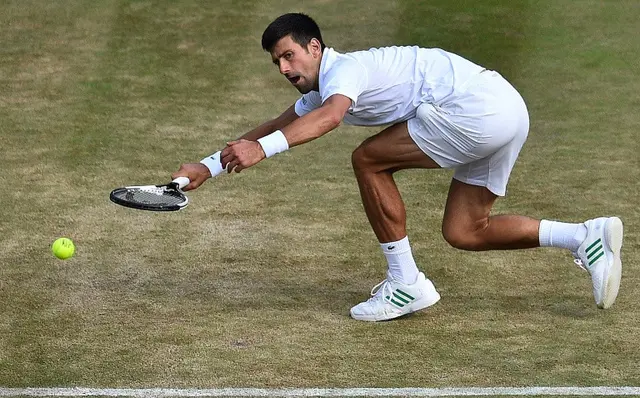India's Lower House of Parliament (Lok Sabha) has passed the landmark Food Security Bill which aims at providing subsidized food to the country's two- thirds of the population or 800 million poor people.
The bill was passed late Monday by the Lok Sabha after a nine- hour debate. It will be taken up by the Upper House of Parliament (Rajya Sabha) Thursday.
Both the houses would have to pass the bill as required under the Indian Constitution by this week otherwise an executive order, issued by the government to roll out the welfare scheme, would lapse even though President Pranab Mukherjee had signed it into law last month.
Initiating the debate on the bill in the Lok Sabha just hours before it was passed, ruling Congress party chief Sonia Gandhi urged all political parties, including main opposition Bharatiya Janata Party, to set aside all differences and take a "historic step" by implementing the ambitious legislation.
"I am standing in support of food bill. It's time to take the historic step. The food bill is meant for the less fortunate sections of our society. The food bill is a historic step to eradicate hunger," Gandhi told the Lok Sabha.
"It is time to send out a big message that India can take the responsibility of ensuring food security for all. Our goal is to wipe out hunger and malnutrition all over the country," she added.
The Indian government on Aug. 20 launched the food security scheme in the national capital despite the Indian Parliament's approving the Food Security Bill.
The food security scheme aims at giving at least 5 kgs of cheap grain each month to two-thirds of India's population. In fact, it proposes to provide a kilo of rice at three rupees (six U.S. cents) , wheat at two rupees (four U.S. cents) and millet at one rupee ( two U.S. cents) to 800 million poor people.
The welfare measure, said to be the biggest in the world, will apply to 75 percent of Indians living in rural areas and 50 percent of urban people.
Critics say that the scheme, which will cost the exchequer 1.3 trillion rupees (24 billion U.S. dollars) a year, is targeting vote bank politics by the Congress party, which has been hit by a number of corruption scandals and slammed for its inability to control inflation, given the next general elections due next year.
But the Indian government said it is aimed at combating hunger.
 简体中文
简体中文

